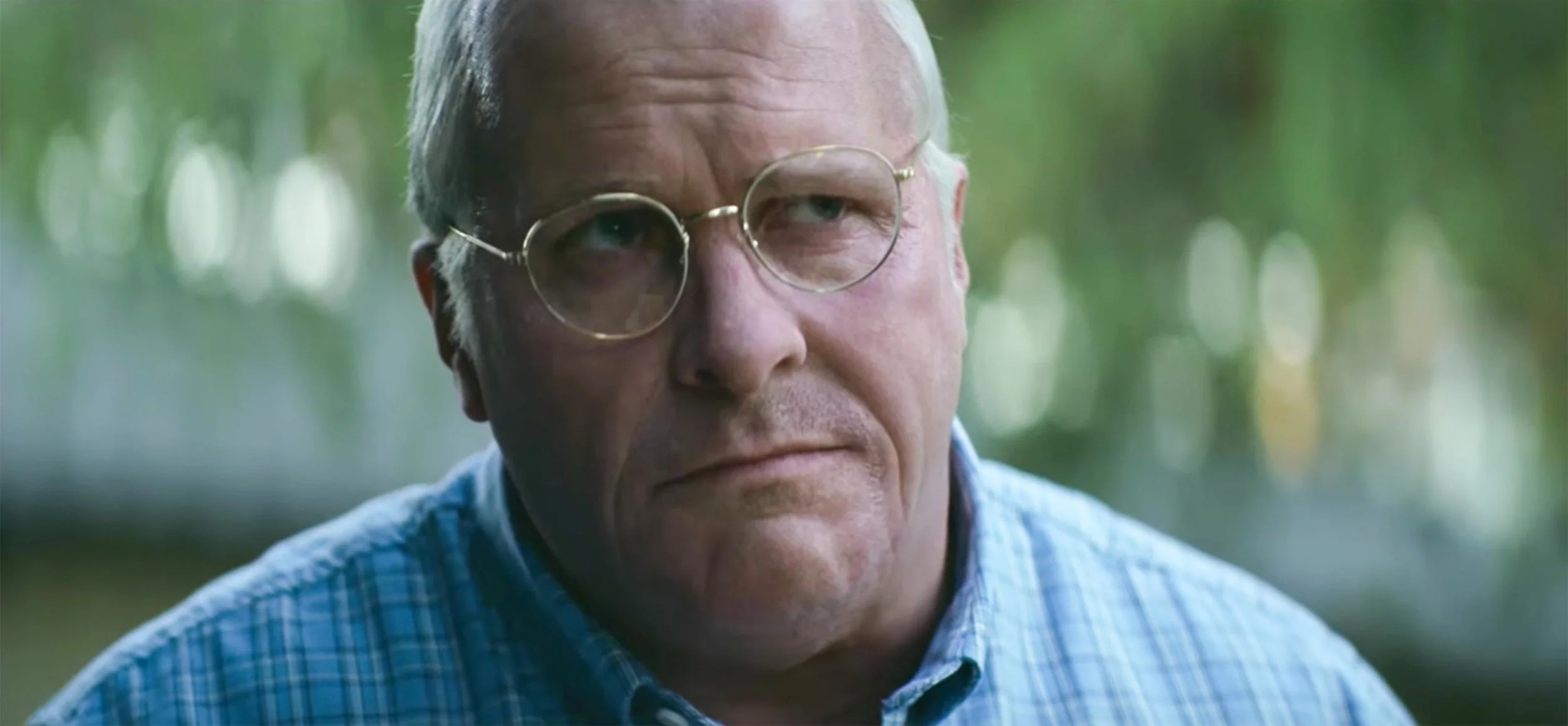As with his previous films The Big Short and Vice, director Adam McKay’s insufferably smug tone, and a level of nuance that’s about as subtle as a piano falling from a third-story window, make his climate change satire, Don’t Look Up, virtually ineffective. His film also suffers from being overstuffed; it careens from one ridiculous scenario to the next with wildly uneven results.
I need to add the same disclaimer that I appended to my review for Vice – and, for that matter, The Big Short; it seems this will be a running theme for my reactions to McKay films going forward. I whole-heartedly agree with the point McKay is making and the urgency with which he’s making it. But the way he’s chosen to go about it is the worst example of holier-than-thou preaching-to-the-choir sanctimony. It undercuts his own goals.
Read more…
We all have that acquaintance, friend, or family member who use their Facebook profile solely to antagonize members of their social circle whom they consider their political enemies. These are almost always people who would never do the same thing in a face to face setting. They like to “start shit,” but from the safety of their phone. These people are a shade different from what are popularly known as internet trolls, because they believe in the opinions they’re expressing, so it’s not 100% about getting under their target’s skin. It’s only 75% about that. Vice, Adam McKay’s inflammatory, obnoxious biopic about Dick Cheney, arguably the most destructive vice president in American history, is the cinematic equivalent of these true-believer assholes.
Read more…
Does the revelation that the American financial system is a complete fraud, a rigged game, go down smoother if the message is delivered in the form of a zany mockumentary-style comedy? Director Adam McKay thinks so. The Saturday Night Live alum, whose film work includes outlandish comedies like Anchorman, Talladega Nights, and Step Brothers, brings his trademark screwball style to the inside story of the economic crash of 2008. While the wacky comedy is firmly in place, The Big Short is also a departure for McKay, dealing with some very serious themes like what happens to the rest of us when members of the elite financial system decide to treat the economy like it's a casino. McKay’s sensibilities are a little too over the top for the story he wants to tell, but the director shows great promise at blending comedy and drama.
There’s an obvious comparison to be made to Martin Scorsese’s 2013 film The Wolf of Wall Street. That film dealt with an unscrupulous financial wizard who broke all the rules to make himself a millionaire, and it also uses hyper stylized action and outlandish comedy to tell its story. The reason Wolf works better than The Big Short is because each movie’s goal is different. The Wolf of Wall Street isn’t overly concerned with making the audience understand how Jordan Belfort went about gaming the system. It’s simply a tale of his excesses. The amped up, jittery aesthetic works splendidly to telegraph those excesses. In The Big Short, McKay wants to inform his audience about what went wrong, and he wants us to become angry at the lack of accountability in the aftermath of the crash. The fidgety style McKay employs, while wildly entertaining, distracts from his goals.
Read more...



